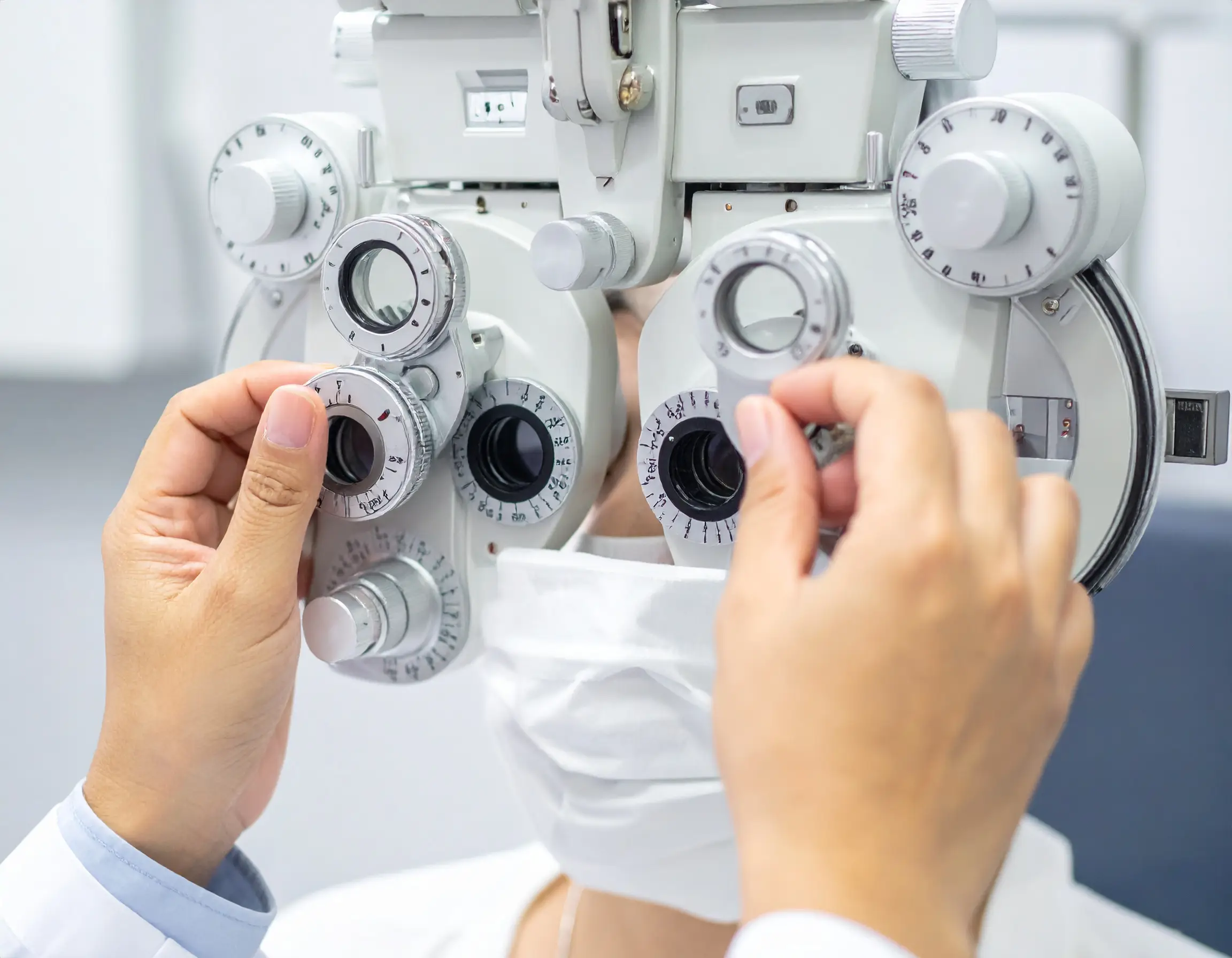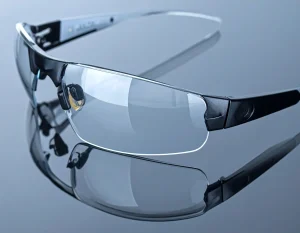
Sudden Blurry Vision: Common Causes, Key Symptoms
A sudden change in vision is unsettling and can point to a range of issues — some benign, some urgent. Below we explain the likely
We provide complete eye health services in Conestogo, Ontario, that’s customized to your active life. With our full service eye exams, you’ll get accurate diagnoses and personalized treatment you can depend on. Don’t delay – take your first step toward clearer vision and better eye health today!
Most Major Insurance Providers, Discover More…
Ready to Customize your needs, Discover More…
A commitment of Quality and Service, Discover More…

To us, routine eye exams are much more than a glasses prescription refresh. They are the glue that holds lifelong vision and health together.
We experience every day the unfortunate reality that vision problems frequently go undetected. Too many children and adults are unable to identify changes in their vision. It often doesn’t become an issue until it starts to affect their academic, occupational or normal daily function.
Our comprehensive eye exam is about more than just your vision. We have the latest technology to detect eye diseases such as glaucoma, cataracts, and macular degeneration. Unlike other issues, these can sneak up on you gradually.
We begin with a face-to-face discussion, you explaining your health background and current eye problems. If you’ve received other eye care or are a glasses wearer, share this – this helps us notice patterns or shifts. We’d like to hear how you feel about screen time.
We’re interested in how much time you spend outside and if you’ve experienced any changes to your eyesight. These lifestyle factors are important because everyday habits can significantly affect your eye health. This is the ideal moment to express your concerns or questions. We’re big fans of the idea that no worry about your eyes should be considered minor.
We’ll perform a few tests to see how well you see. That involves reading an eye chart and performing tests for nearsightedness, farsightedness, or astigmatism. We test your color vision with specially developed pictures.
We’ll test how well your eyes coordinate with each other and test your depth perception. Occasionally, we perform a special eye movement test to evaluate how well your eyes track and focus. If we do notice something unusual, we will discuss your choices, which may involve using glasses, contact lenses, or other treatments.
We examine each aspect of your eye, both externally and internally. The doctor will use a high-powered microscope, known as a slit lamp, to look for signs of cataracts or dry eye. They’ll perform a tonometry test to measure the pressure inside your eyes, which is important for glaucoma detection.
We look for diabetic retinopathy and other diseases, as the eyes can be an early indicator of systemic disease. Digital photos allow us to compare before and after for a long-term perspective. We’re going to walk you through everything we find and what that means for your health.
To get a closer view, we employ advanced diagnostics such as OCT scans, which map out the layers of the retina and optic nerve. These are sensitive enough to detect changes too small to be visible to the naked eye.
For someone with a chronic condition or at risk, these scans can make all the difference. They enable us to track even microscopically small changes in your health over time. We provide you with all findings and discuss how those findings will shape your future care plan.
After the exam, we provide recommendations based on your individual needs. Depending on your patient, you might need to even prescribe a specialized lens. For screen users, we try to recommend blue light filters or sunglasses to protect from UV.
Check out our tips on developing routines that will help keep your eyes safe. We’re big advocates of receiving annual exams, even when you’re seeing 20/20 and everything seems normal. Routine monitoring can identify changes at the earliest possible stage, allowing you to get out in front of any potential issues.





A sudden change in vision is unsettling and can point to a range of issues — some benign, some urgent. Below we explain the likely

Are pricier eyeglass lenses really better, and should you spend the extra money? It’s a common question, especially when the cost of a pair of prescription

Many Ontario residents wonder if the provincial health plan (OHIP) will help pay for prescription eyeglasses or contact lenses. Vision care can be costly, and





